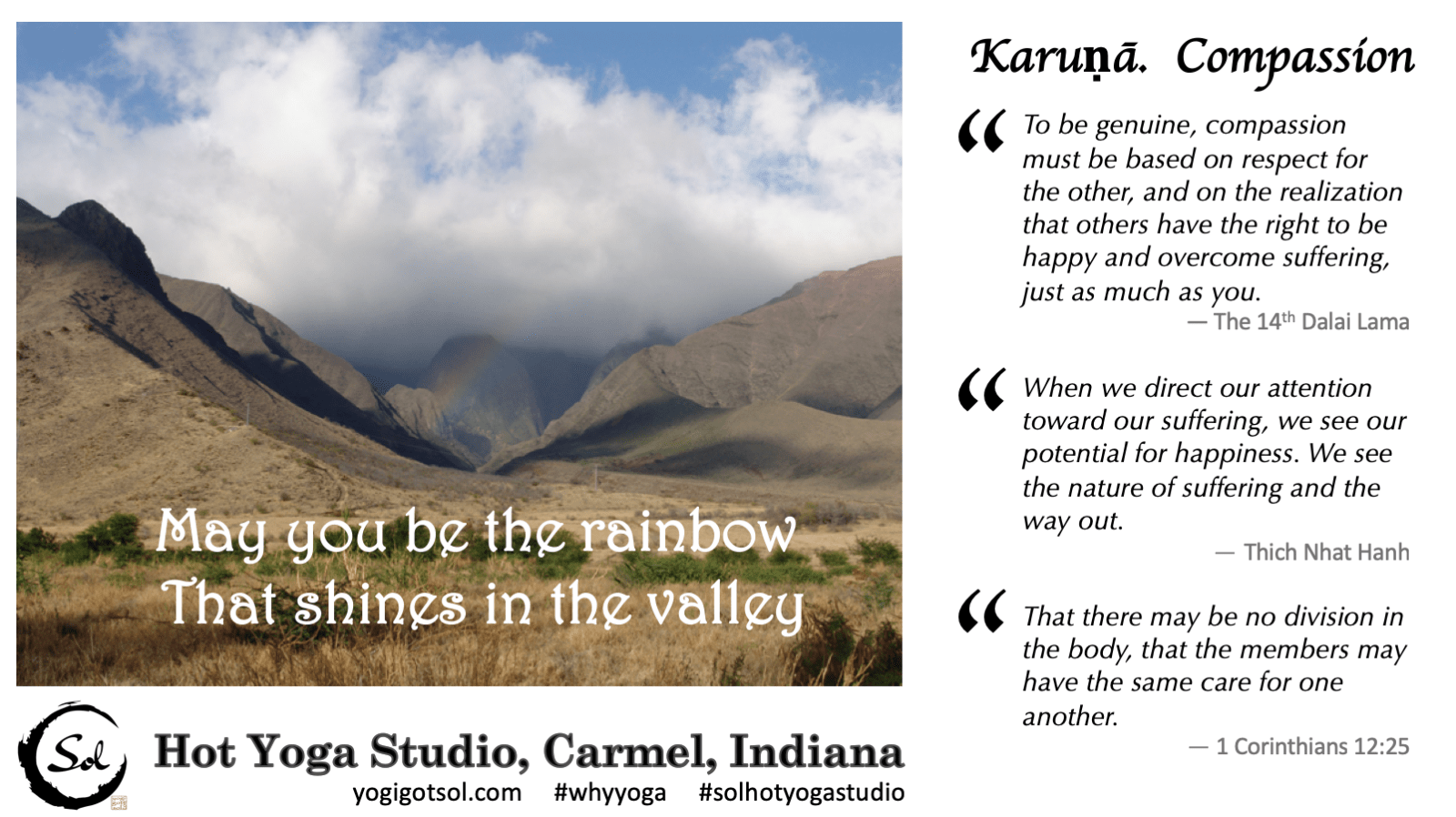
There is also another side of technological advances. Social media presents a convenient medium to stay connected with our friends and family over great distances, and rapidly expand our professional networks. Want to catch up on Aunt Suzy’s life, but don’t have time to call her? Just check out what she has posted. We can create unique online profiles of ourselves – avatars – and again, humans and computers work diligently to interpret the algorithms of our minds. Our profiles combine with our clicks & likes to lead software developers to offer us introductions to virtually thousands of people we are likely to never meet in person.
Online shopping and virtual friends are interesting First World problems of the 21st Century. There’s actually an entire segment of social satire poking fun of this issue with meme’s lamenting “problems”; such as, “My bed is so big, my phone charger won’t reach where I sleep.” And, “It’s a beautiful day outside, now there’s a glare on my TV.” Or, “There’s no electricity outlet next to the toilet, so how do I charge my phone while I’m going to the bathroom?” There are so many of these that the sheer quantity is an alarming satire of itself.
Beyond ubiquitous, technology surrounds us and the virtual lives we lead are nearly inescapable, and it makes me wonder, “When and where are we genuine?” Does a patchwork of clicks and likes truly represent our best selves? We leave dozens, if not thousands of digital footprints every day (aka “cookies”). Where are those footsteps leading us? Do these modern conveniences pull us further from authentic compassion for our communities?
Sometimes the sense of Compassion today might feel like sympathy, or even pity. The etymology of the word reveals that Compassion originated with the Latin, and translation of “suffer with.” This is different than the French translations of sympathy and pity. Both are derived from the ancient Greek word, sympatheiathis, and the resemblance makes it easy to see the source of confusion.
However, the Greek use of the word did not mean the same thing as our modern definition of sympathy. In translations of the Bible, the Greek word for Compassion is derived from, splanchnízomai, which refers to a visceral feeling in the bowels. The word was intended to communicate a literal sharing in an affliction with another. When this word was used, it was something that compelled someone to actually climb into the trenches with another person, and share in that person’s struggle. This is how Brené Brown describes Empathy, in her 3-minute short, here.
In Sanskrit, the word Karuṇā describes a similar sentiment as the ancient Greeks. This word is translated to mean any action that is taken to diminish the suffering of others and could also be translated as "compassionate action." By this definition, we're reminded that the observer is not observing the suffering of another, rather instead, making a conscious decision to help alleviate the suffering of another person.
This type of empathy can't be "phoned in" through virtual relationships. The confidence to take the risk - to truly show Compassion according to these ancient definitions - comes from a genuine connection felt deep within your soul. You can’t fake Compassion. You can’t show this level of empathy with a few remote Clicks or Likes on social media.
When we see someone drowning, we dive into the water. When we see our friend standing in a burning building - which may be a dead-end job or loveless marriage - we don’t fan the flames from a safe distance. True Compassion & Empathy call us to action; we rush toward the flames and wrap our friends in a fireproof blanket. Realizing that, sometimes, we get burned in the act of loving support, we support our friend, nonetheless. This is Courage, that comes from Vulnerability, which originates from a place of Love within us. LOVE > VULNERABILITY > COURAGE
We recognize there are various forms and degrees of real suffering; even in the First World. We are laboring diligently to prepare a place of refuge for you, in our studio. Although we have faced numerous setbacks, we continue to struggle well.
"The ability to suffer well is more than half of life — indeed, it is all life."
-Herman Hesse
We are mindful of the fact that we are all connected, and to struggle well means that we are promoting positive energy in the face of adversity. We are making every effort to shift the narrative, and create a place of genuine compassion and service to our community.
The concept of Karuṇā is one of four “divine abodes” found in texts from an ancient Middle Indic language. An abode is a place of residence, and the four characteristics, including Karuṇā, were described as immeasurable in the sense of removing the limits to our minds. Dwelling in a house built by these four walls (benevolence, compassion, empathetic joy, and equanimity), our minds can expand immeasurably. This isn't a neighbor’s house, or an Airbnb vacation destination you occupy for a short time. It is a place you find genuine refuge.
A recent study found that “Almost half of Americans (45%) go to their car to have a private moment to themselves.” (Click here to read more about this report.) The report also found that, "29% of people don't feel at home where they live." These findings might not represent your own feelings, but they do appear to indicate alarming parts of our lives in the 21st Century.
The principles of Karuṇā and Seva (selfless service) are two guiding principles of our ideology. We are building our studio ever-mindful of the meaning of Karuṇā, and respectful on the demands on your lives. Our commitment to Compassion and Self-less service to our Community are pouring into every detail of the studio in order to create a physical place to genuinely reconnect with self and with others seeking a similar private moment in a positive and uplifting environment. We consider this a Very Important Purpose, and it's why you all are VIP Members just for signing up. We hope to have more positive news to share very soon!

Comments are closed.